Vegan diet
The successful entry
Welcome to our website, your guide to a successful transition to a vegan diet. We offer sound information and practical tips to make the transition to a plant-based diet as smooth and enjoyable as possible. Discover with us the joys and health benefits of a vegan lifestyle. We help you overcome the most common challenges.

There are various approaches to switching to a plant-based diet, depending on individual motivations such as ethics, health or environmental protection. The social environment and previous personal experiences also play an important role. A gradual transition, with family involvement and careful planning, can be helpful to avoid challenges such as nutritional deficiencies or resistance from family members. Before making the switch, it is advisable to find out about nutrient-rich plant-based alternatives and vegan recipe variations. Gradually replacing animal products with plant-based alternatives can ease the transition and ensure a rich dietary variety.

Motivation
Switching to a vegan lifestyle can be influenced by the social environment. Support from family and friends as well as the exchange of ideas with like-minded people are important. Being informed helps to respond appropriately to concerns.

Special recommendations for a vegan diet
A well-planned vegan diet can provide all the necessary nutrients. It is recommended to focus on a variety of whole grains, nuts, seeds, fruits and vegetables. Supplements such as B12 or vitamin D need to be considered.
Ethik & Moral
The switch to a plant-based diet often begins with a strong personal motivation. Whether for health reasons, ethical considerations regarding animal welfare or out of concern for the environment - motivation is a key aspect. This motivation helps you to stay on the ball in the long term.

Practice
Eating a vegan diet means more than just giving up animal products. It's about developing a balanced and nutritious diet. This includes knowing about plant-based protein sources, iron, calcium and other essential nutrients.

MUST HAVE
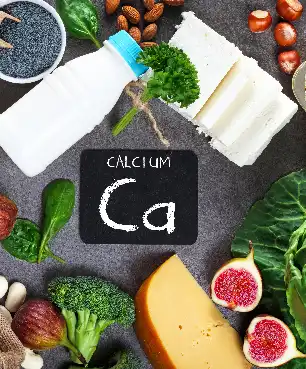
Calcium
Kalzium ist wichtig für die Knochen- und Zahnstruktur sowie für die Funktion von Nerven und Muskeln. In einer veganen Ernährung kann Kalzium aus angereicherten Pflanzenmilchen, Tofu, grünem Blattgemüse (wie Grünkohl und Brokkoli) und Mandeln bezogen werden.
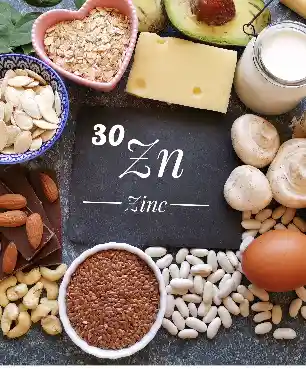
Zinc
Zinc is important for the immune system and wound healing. Plant sources of zinc include whole grain products, nuts, seeds and tofu. However, the bioavailability of zinc from plant sources is lower than from animal sources, so it is important to consume these foods regularly. #optimizing_zinc_intake
Iron
Iron is essential for the formation of hemoglobin, which transports oxygen in the body. There are two types: heme iron from animal sources and non-heme iron from plant sources such as lentils, beans and spinach. The absorption of non-heme iron is improved by vitamin C-rich foods such as citrus fruits and broccoli. #VitaminC_and_Iron
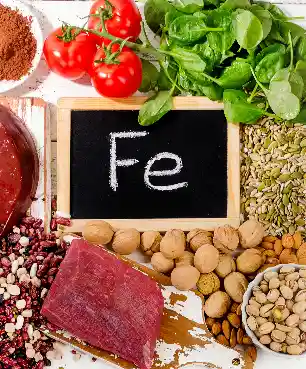
Selenium
Selenium plays a role in the function of the immune system and the thyroid gland. It is an antioxidant that helps prevent cell damage. Sources of selenium for vegans include Brazil nuts, whole grains, seeds and some types of mushrooms.
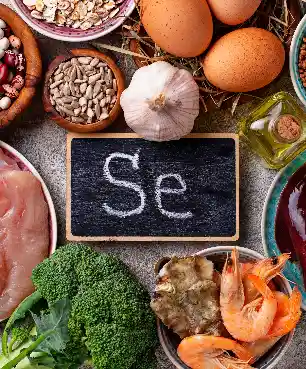
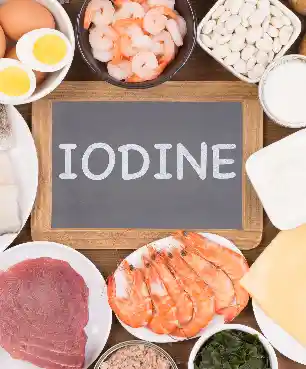
Iodine
Iodine is essential for normal thyroid function and the production of thyroid hormones. Vegan sources of iodine are iodized salt, seaweed and some fortified foods.
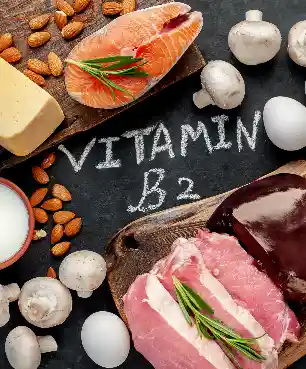
Riboflavin (vitamin B2)
Riboflavin is important for energy metabolism and cell function. Vegans can obtain riboflavin from almonds, wholegrain products, soy products, mushrooms and spinach.
Omega-3 fatty acids
These essential fatty acids are important for heart health, brain function and reducing inflammation. Plant sources of omega-3 include flaxseed, chia seeds, hemp seeds, walnuts and algae oil.
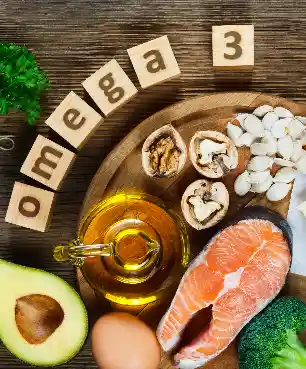
Vitamin B12
Vitamin B12 is crucial for nerve function and the formation of red blood cells. As it is naturally only found in significant quantities in animal products, vegans should obtain B12 from fortified foods or supplements.

Important NOTE:
The information provided in our articles was created with the greatest care and to the best of our knowledge and belief. They serve exclusively for informational purposes and do not constitute medical advice. No liability is assumed for the accuracy, completeness or topicality of the content. We assume no responsibility for the application or implementation of the information. If you have any health questions or complaints, it is always advisable to consult a qualified doctor or other specialist.
Nutritionist

